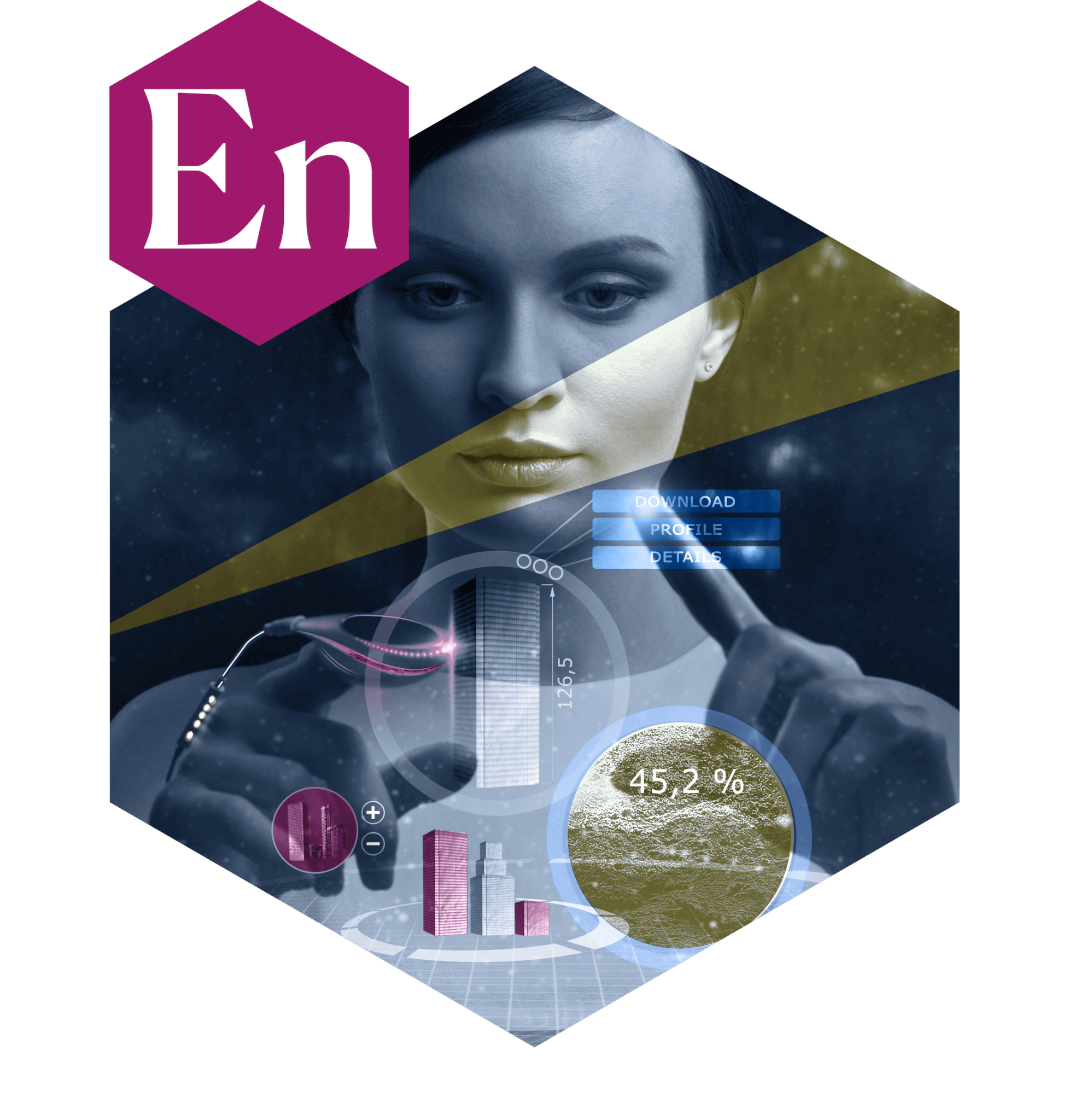History
Faith and her team detected the customization movement in the 1980s as signals began to echo through the culture. Quirky, niche brands that suited subtle taste distinctions began to rise – Snapple and Pirate’s Booty, wooing shoppers from Coca-Cola and Fritos. Consumers in an increasingly diverse society, began mixing different makeup colors together to get the precise shade that suited them; ordering food with requests to leave out certain ingredients became commonplace. Burger King, maybe unconsciously, foresaw this with the “Have it Your Way” campaign. More and more, people rejected the idea that “one size fits all” and wanted products and services that reflected their specific needs and tastes.
Practical Application
Faith and her brilliant BrainReserve strategists guided clients towards a new model: Cars with interiors that adjusted to fit the driver; hotel rooms that anticipated and responded to the guests’ preferred lighting, entertainment, temperature, scent and minibar offerings. In 2014, Faith Popcorn’s BrainReserve advised The Home Depot on how to apply Egonomics to their rising Millennial consumers; just because home ownership wasn’t possible for this financially-strapped generation didn’t mean they didn’t want their rental houses and Sharing Economy digs to look like a home. The team created a suite of personalized options, from pop-up kitchens that travel with the consumer to their next home to removable wallpapers and flooring.
Present
As Egonomics evolves, the volume gets louder in the culture. My Twin Doll produced custom dolls to look just like the child who owned it. The growing market in body piercing and tattoos, reflected the quest for individuation. The Fashion Industry was among the first industries to make Egonomics part of its best practices: The Custom Foot took a person’s foot measurements, sent the data to its factory in Tuscany, and back came a pair of custom shoes. TalentBanker Sung Park developed the technology to swiftly craft personalized jeans; Levi’s bought this IP and offered one-off denim for anyone. Now, custom-fit shirts, suits and shoes, not to mention eyeglasses, eating plans, fitness regimens, and vitamins, are all AI-infused and delivered to the consumer in astoundingly little time.
Future
As we hurtle into Tomorrow, Egonomics sees exponential changes. Personalization shifts from wish-list status to must-have. Tech and science enable DNA-specificity – our biodata will be analyzed to allow robo-docs to tweak our medications seamlessly, from our insides. Our baristas will know not only how we like our coffee on a midweek morning but also if we need an extra dose of vitamins, and our smart-home sensors will anticipate if we need an energizing or relaxing ambience when we arrive home. It will come in the form of scents piped as wall and furniture color synchronizes. Advances in 3D printing will create a world in which the consumer thinks of an item – and it is drone-delivered in real time. VR will tailor virtual vacations and experiences to out-do one’s dreams (space travel, time travel – it will all be possible). And marketing enters a new era, with messages being tailored to suit a person’s preferences as parsed by AI.
Additionally, emo-surveillance – a cultural current Faith and her TalentBank have identified – will deluge our environment, assessing our mood via tracking technology. It will read whether a person is stressed, sleepy, curious or content – and will send personalized suggestions simultaneously. For example, if a mall’s surveillance system detects that you are tired and distracted, it will be able to send a personalized invitation for a quick infrared sauna to your device or release a pharma focus aid like Concerta or a caffeine jolt to energize you.
Consider also that one in six homes already has a smart speaker of some sort (say, Alexa), offering on-demand information and advice. Faith predicts that as AI progresses, the smart speaker will morph into the perfect robotic companion, knowing exactly what a person craves before they do – emotionally, physically and spiritually. So Alexa takes a human form and is there ready with your perfectly curated cocktail, or you very favorite vape to welcome you to your home. Get ready for the uber-robo-personalized future.
Trend Pairings
Egonomics often runs parallel to Icon Toppling (a new socioquake transforms mainstream America and the world as the pillars of society are questioned and rejected). The rejection of “big” and “familiar” is interwoven with the demand for individual recognition. For instance, we see that the binary definition of gender dies out, people want myriad new ways to define and reflect their specific gender identity.





